Now, a wearable device called the FitMi from Flint Rehab is helping people with neurologic injuries (from strokes and other brain injuries) improve their strength and dexterity. FitMi contains two wireless pucks and a therapy app that picks exercises tailored to the patient’s stage of recovery. As he or she improves, the FitMi exercises and difficulty levels increase to optimize recovery.
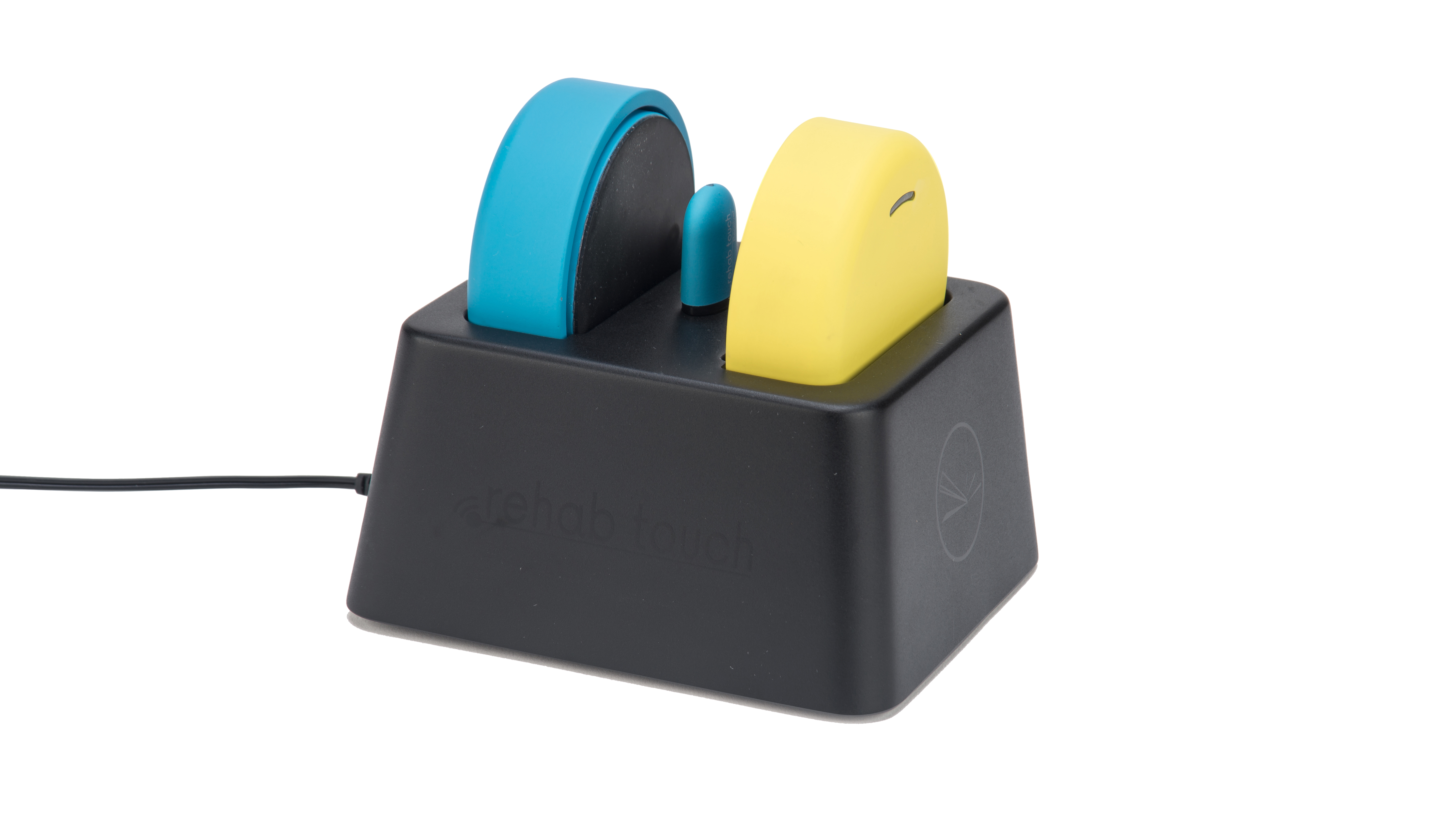
The FitMi uses motion sensors to track arms, core, and legs while the patient performs exercises to strengthen muscles. Feedback is in real-time to allow machine learning and self-customizing algorithms to determine optimal challenge points for the patient. Stored data can be used by patients to track progress.
Each FitMi puck contains a three-axis accelerometer; a three-axis gyroscope; a three-axis magnetometer; a load cell and battery; a microcontroller; and an external four-pin electrical connector. Pucks are made of colorful heavy-duty plastic with a non-slip rubber pad on the bottom to prevent slipping during exercise. Puck top and bottom connect through a load cell (much like those found in bathroom scales) to detect compression force or loading. Data from each puck’s sensor array wirelessly transmits via a multi-band protocol to a USB dongle, which in turn connects to any PC or Mac without syncing or pairing … even if there are multiple units in close proximity. Pucks also come with custom charging stations to allow users to plug and unplug them with only one hand.
FitMi Pucks also include an onboard LED for visual feedback and a vibrating motor for haptic feedback.

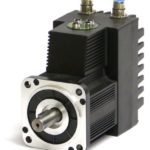
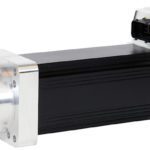
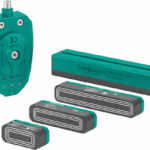
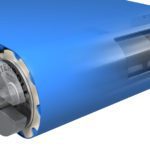
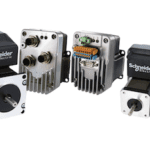

Leave a Reply
You must be logged in to post a comment.